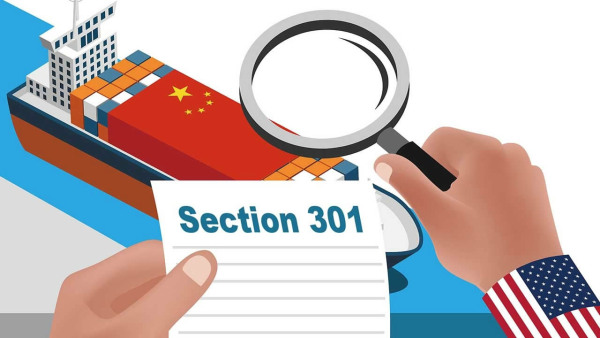The Office of the United States Trade Representative (“USTR”) has announced the commencement of its mandatory four-year review of the China 301 duties put in place in connection with the investigation of China’s Acts, Policies, and Practices Related to Technology Transfer, Intellectual Property, and Innovation. The actions under review are those that took effect on July 6, 2018 (“List 1”) and August 23, 2018 (“List 2”), and which were subsequently modified by imposing additional duties on supplemental lists of products (List 3 and 4).
The first phase in the process is notifying representatives of domestic industries which benefited from the duties of their possible termination and of the opportunity to request their continuation. In addition to its Federal Register notice, the USTR is mailing notices to interested parties that previously submitted comments in support for the Section 301 actions. Requests for continuation must be received between May 7, 2022 and July 5, 2022 for List 1, and between June 24, 2022 and August 22, 2022 for List 2. By statute, if no representative of the domestic industry which benefits from such action submits to the USTR a request for the continuation of the action, the USTR will terminate the 301 tariff at the close of the 4-year period.
If one or more domestic industry representatives requests the continuation of the 301 duties, the USTR will announce the continuation of the action, and will proceed to a second phase of review which would be announced in one or more subsequent notices, and would provide opportunities for public comments from all interested parties. In such a review, interested persons would be invited to comment on, among other matters, the effectiveness of the action in achieving the objectives of Section 301, other actions that could be taken, and the effects of such actions on the U.S. economy, including consumers.
The above action comes amidst pending litigation challenging the imposition of China 301 Lists 3 and 4 and internal administration and congressional debates over whether to remove the China 301 duties, at least in part.
Should you have any questions in connection with the above, please do not hesitate to contact Arthur Bodek or any GDLSK attorney.




